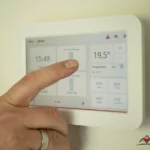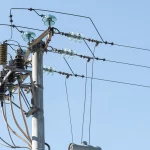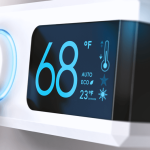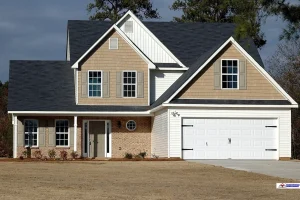
The cost of heating a home in the United States is expected to be the highest it has been in over a decade this winter, making efficient use of energy even more important.
The National Association of Energy Advisers predicts a 17.2% increase in heating costs from last winter's average of $1,025 to an estimated average this winter of $1,202. (NEADA). The highest increase, estimated at 34.3% from last year, would affect those who pay to heat their homes with natural gas. By contrast, those that rely on electric heating are expected to experience the smallest rise (6.9%). Since heating and cooling the home account for about half of the energy used in the home, even modest efforts can have a significant impact.
• Make the Switch to Electric: The Earth Institute at Columbia University suggests that electric systems are one way to reduce carbon emissions from residential heating and cooling. Companies like Fujitsu General America provide ductless mini-split systems that run on electricity and can reduce your energy bill by up to 25%.
It's important to be “smart” about climate control, so here are some options: Smart HVAC Systems and Smart Thermostats. Unlike conventional HVAC systems, smart ones don't require any third-party hardware in order to be controlled remotely through the Internet. By allowing users to adjust the temperature in their homes from anywhere via a smartphone, computer, or other Internet-connected device, or even by simply speaking commands into their smart speakers, smart thermostats help turn ordinary homes into “smart” ones. The majority of HVAC system builders now provide mobile app access to their products. Voice-control functionality allows users to speak command house temperatures with the use of digital assistants like Amazon Alexa or Google Home. Homeowners can increase their comfort and their energy efficiency by learning to more precisely regulate the temperature of their homes.
Many of us are still living in houses that were built for larger families, but we can find ways to reduce our expenses by finding our own comfort zone. Consider installing a zoned ducted or ductless system if you just need to heat or cool a portion of your home on a regular basis. It will help you save money on utility bills by reducing the need to heat or cool rooms where you and your family don't spend much time. You can save more money by using less cooling and getting more out of the system in the rooms you still need to utilize. To maximize “passive solar gain,” which uses the sun's heat to warm your home, you should open the south-facing curtains first thing in the morning. A significant amount of heat escapes from houses because of drafts around uninsulated or improperly sealed door frames, window frames, electrical outlets, and recessed light fixtures.
A ductless heating and cooling system is a great investment if you want to keep your bills from skyrocketing. In comparison to the federally mandated minimum, many Fujitsu systems that have earned the Energy Star label are more than twice as efficient. With their advanced technology, these systems allow for precise temperature control, ensuring you only heat or cool the rooms you actually use. This targeted approach can significantly reduce the impact of high energy costs by state, which can vary dramatically depending on where you live. By opting for a ductless system, homeowners can enjoy year-round comfort while keeping energy expenditures in check.

James Smith is our editor. He is an accomplished and versatile news writer with over a decade of experience covering a wide range of topics, including politics, business, and real estate. Throughout his career, James has been dedicated to uncovering the truth and presenting unbiased, factual reporting to his audience.














